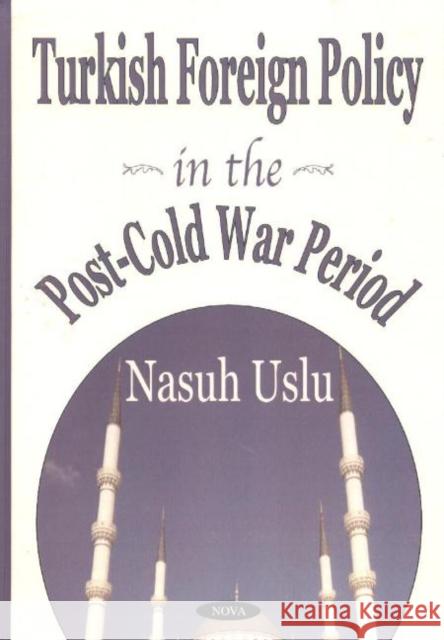Turkish Foreign Policy in the Post-Cold War Period » książka
Turkish Foreign Policy in the Post-Cold War Period
ISBN-13: 9781590337424 / Angielski / Twarda / 2003 / 144 str.
Turkey's proximity to the Balkans, the Caucasus, Central Asia, the Middle East and the Mediterranean (the trouble spots of the new world order) and the new dangers facing her in the first place before other states of the world, especially the West, has made her a front line country of NATO as compared to her position as a flank state of the West during the Cold War and has put her in the very epicentre of the new international environment. With the outbreak of regional conflicts Turkey's position as an island of stability in the centre of a volatile region, as a barrier against the outbreak and spread of these local wars and as a promoter of regional co-operation has gained more importance. The new developments have also helped Turkey to gain a weight in regional and world politics as a regional power with an increased physical and strategic strength. The disintegration of the Soviet Union has terminated the major security threat for Turkey and weakened her regional enemies such as Syria, Iran and Iraq and thus her foreign and security policies have been relieved of certain constraints. On the other hand, the factors such as the revival of Turkey's cultural, linguistic and historic











